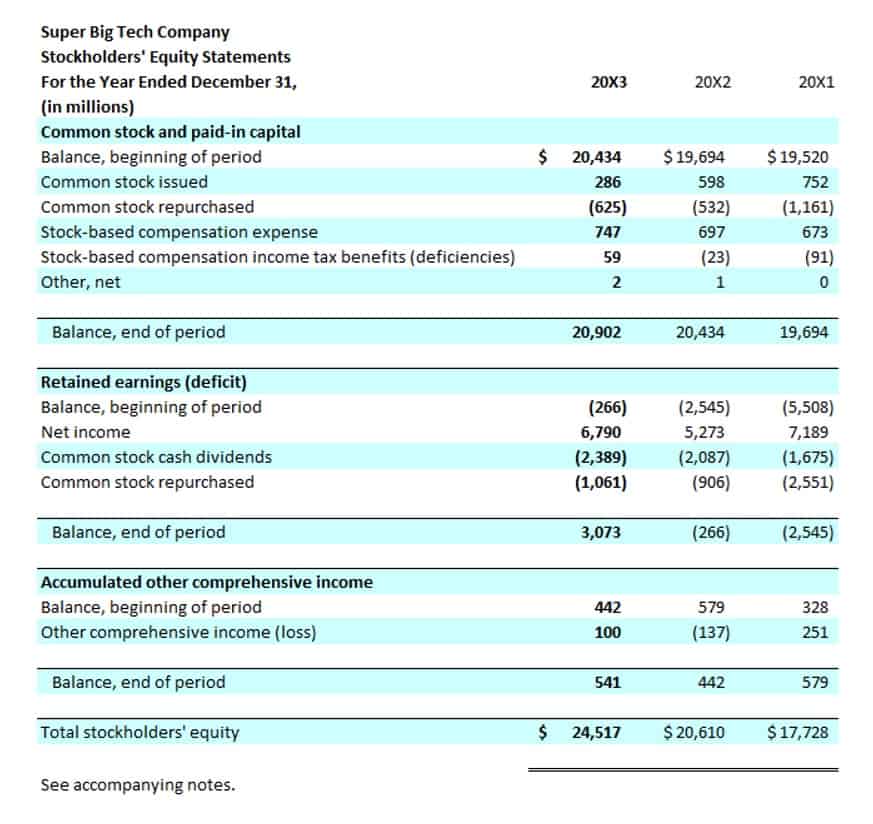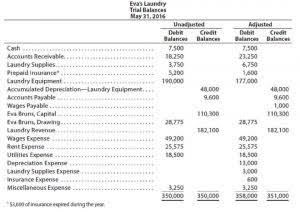
This means that gifts made during a person’s lifetime may be subject to taxation in Oregon. The Oregon estate tax applies to gifts made within three years of a person’s death, and the value of these gifts is included in the calculation of the total estate for tax purposes. It is important to consult with a tax professional or estate planning attorney to understand the specific rules and regulations regarding gift taxation in Oregon. This means that estates valued at less than $1 million are not subject to Oregon estate tax. Estates valued at $1 million or more are subject to estate tax on the amount that exceeds the exemption threshold.
Oregon Income Tax Forms
- In other words, a minority of lawmakers — more easily captured by special interests — can block the will of the majority.
- If you were Black, mixed-race, Hawaiian, or Chinese, you had to pay a tax not levied on white Oregonians.
- Suspended collection status is not available for businesses or customers owing Other Agency Account (OAA) debt.
- The research team at Madison Trust Company sought to find the states with the highest taxes as well as the states with lowest taxes using data collected through TaxFoundation.org.
- Tax burdens rose across the country as pandemic-era economic changes caused taxable income, activities, and property values to rise faster than net national product.
- While the state income taxes deal a heavy hit to some earners’ paychecks, Oregon’s tax system isn’t all bad news for your wallet.
Filing electronically is not only fast and secure but also expedites your refund. Oregon provides free e-filing options through Direct File Oregon, which is suitable for many taxpayers. This method is highly recommended for its efficiency and ease of use. Oregon does impose estate and inheritance taxes in the form of a transfer tax. As mentioned, property tax is an important source of revenue for the state.

Standard vs. Itemized Deduction Calculator: In-Depth Guide

Instituting complete reporting could raise an additional $164 to $393 million in each two-year budget period — a conservative estimate. Nearly all of the revenue would come from foreign, out-of-state, and rich investors. Whether you’re a longtime resident or new to the Beaver State, getting familiar with the basics can make filing your taxes smoother. The state of Oregon does have an estate tax that ranges from 10% to 16% depending on the size of the estate. In addition to the Corporate Tax and Excise Tax, the State of Oregon also has a Gross Margins Tax referred to as the Corporate Activity Tax (similar to Ohio’s CAT Tax). The CAT Tax is assessed as $250 per entity, plus 0.57% of Gross Receipts over $1 Million.
- Whenever you make a purchase at a licensed Oregon retailer, your sales tax will be automatically calculated and added to your bill.
- The exemption applies to property tax years starting July 1, 2026, and may be canceled if the homeowner dies, sells the property, or no longer resides there.
- However, it’s important to note that Oregon does not have its own estate tax, as it follows the federal estate tax system.
- The new form doesn’t let filers claim allowances anymore, nor are personal or dependency exemptions allowed.
- Instead of working with CPAs, attorneys and others separately, Start brings all of them under a single subscription.
- Form OR-40-P filers will need to multiply the tax by their Oregon percentage on their return.
TURBOTAX DESKTOP GUARANTEES

You can view the sales tax rates for various cities in Oregon here. Out-of-state business taxpayers should not collect retail sales tax from Oregon residents since the state does not have a sales and use tax. However, businesses in Oregon that sell to out-of-state residents must collect the other state’s sales and use tax in most Budgeting for Nonprofits cases. Veritas specializes in matching tax payers with the appropriate tax credits to reduce their tax liability. We help reduce federal and state taxes using a variety of government approved tax credits.
Complete Guide to HSA Tax Forms and Health Savings Account Tax Forms
Getting a personal tax extension means you will have an additional 6 months to file… Oregon estate tax is tiered, with the tax rate increasing in line with the estate’s value. Katelyn has more than 6 years of experience working in tax and finance.
Part-year residents file Form OR-40-P, and nonresidents use Form OR-40-N. Selecting the correct form is necessary for an accurate tax calculation. Oregon imposes an estate tax on the transfer of a decedent’s estate valued over $1 million. The tax rates are progressive, increasing with the value of the estate above the $1 million exemption. Property tax is calculated by multiplying the property’s AV by the combined tax rate of all local taxing districts. Each year, local districts set their budgets and calculate the tax rate needed to fund their services.

Contact the County
As you near retirement, they can advise on strategies to protect assets from becoming subject to transfer tax, including state or federal gift tax. Therefore, estate planning is not merely a consideration but a necessity. Enlisting a competent estate attorney can amplify your efforts, guiding you in navigating complexities and leveraging exemptions to lessen tax burdens. Legal insights CARES Act from seasoned estate tax lawyers can prove invaluable when establishing gifts and trusts, which are central to reducing taxable estate.
How to Calculate and Reduce Your Failure to File Penalty
The Oregon corporation extended due date is the 15th day of the month following the federal extended due date. A financial advisor can help you understand how taxes fit into your overall financial goals. If you’re ready to find an advisor who can help you achieve your financial goals, get started now.

CAT revenue is forecasted to be $2.44 billion for the 2021–2023 biennium. The bill targets seniors who are at least 65 years old, have lived in their homes for at least 10 oregon income tax rate years, and have a household income of no more than $150,000 per year. Under the proposed legislation, the exemption would increase by five percent each year, ultimately allowing seniors to be exempt from property taxes once they reach an older age. Oregon does not allow local jurisdictions like cities or counties to collect a local sales tax.
